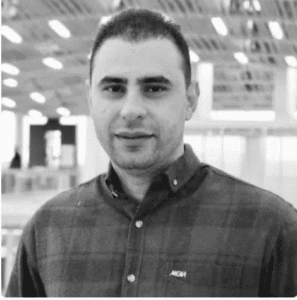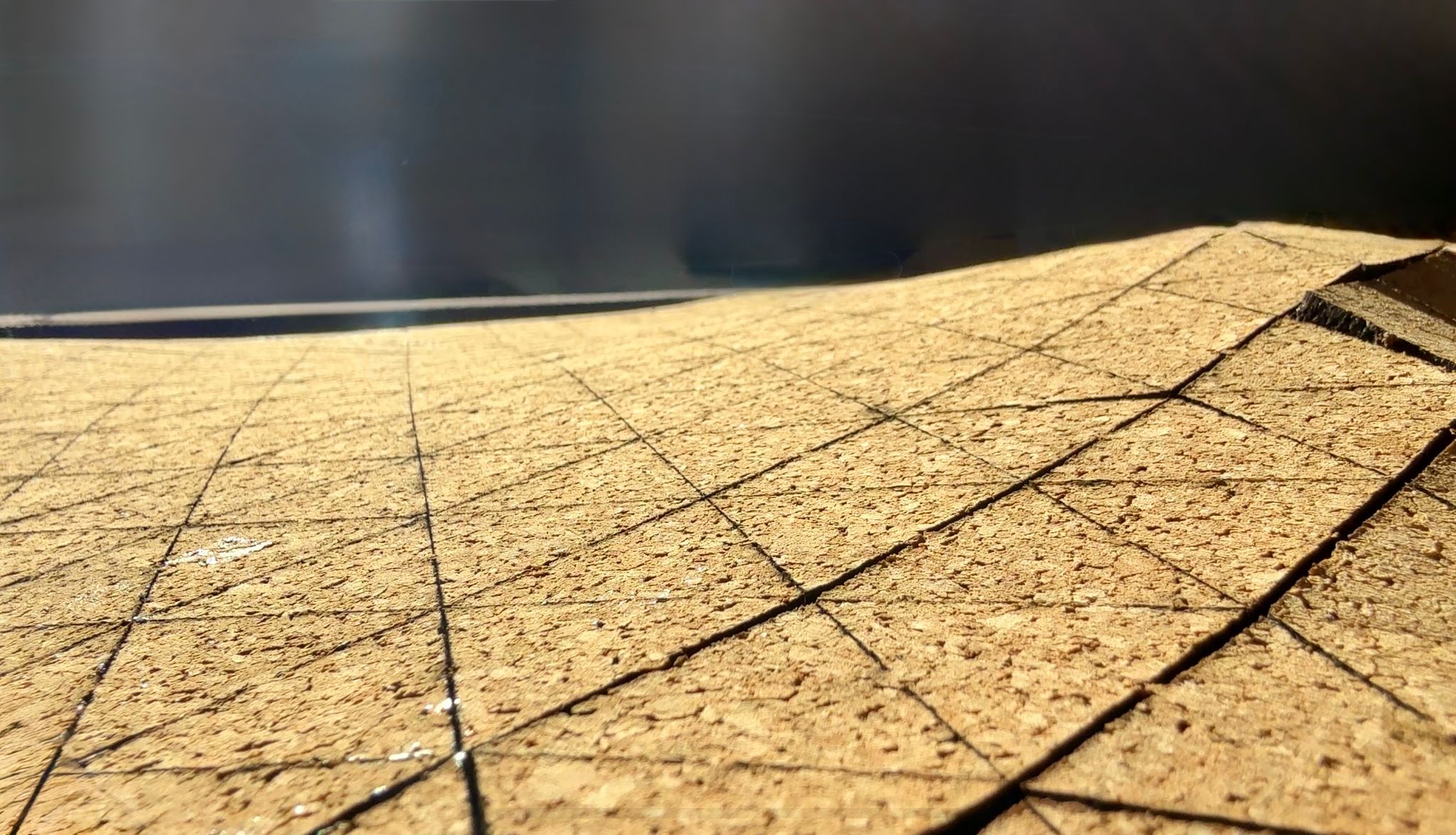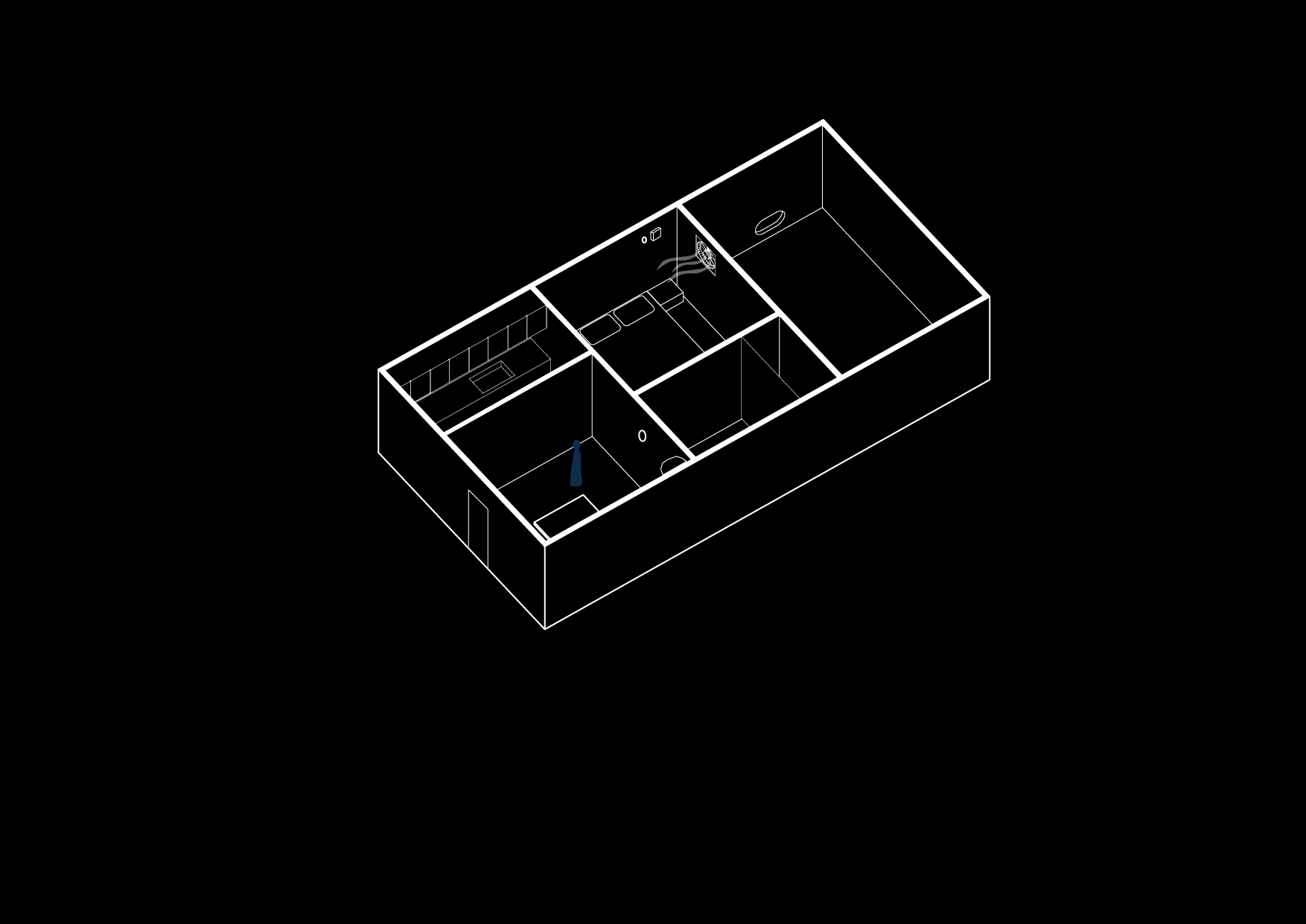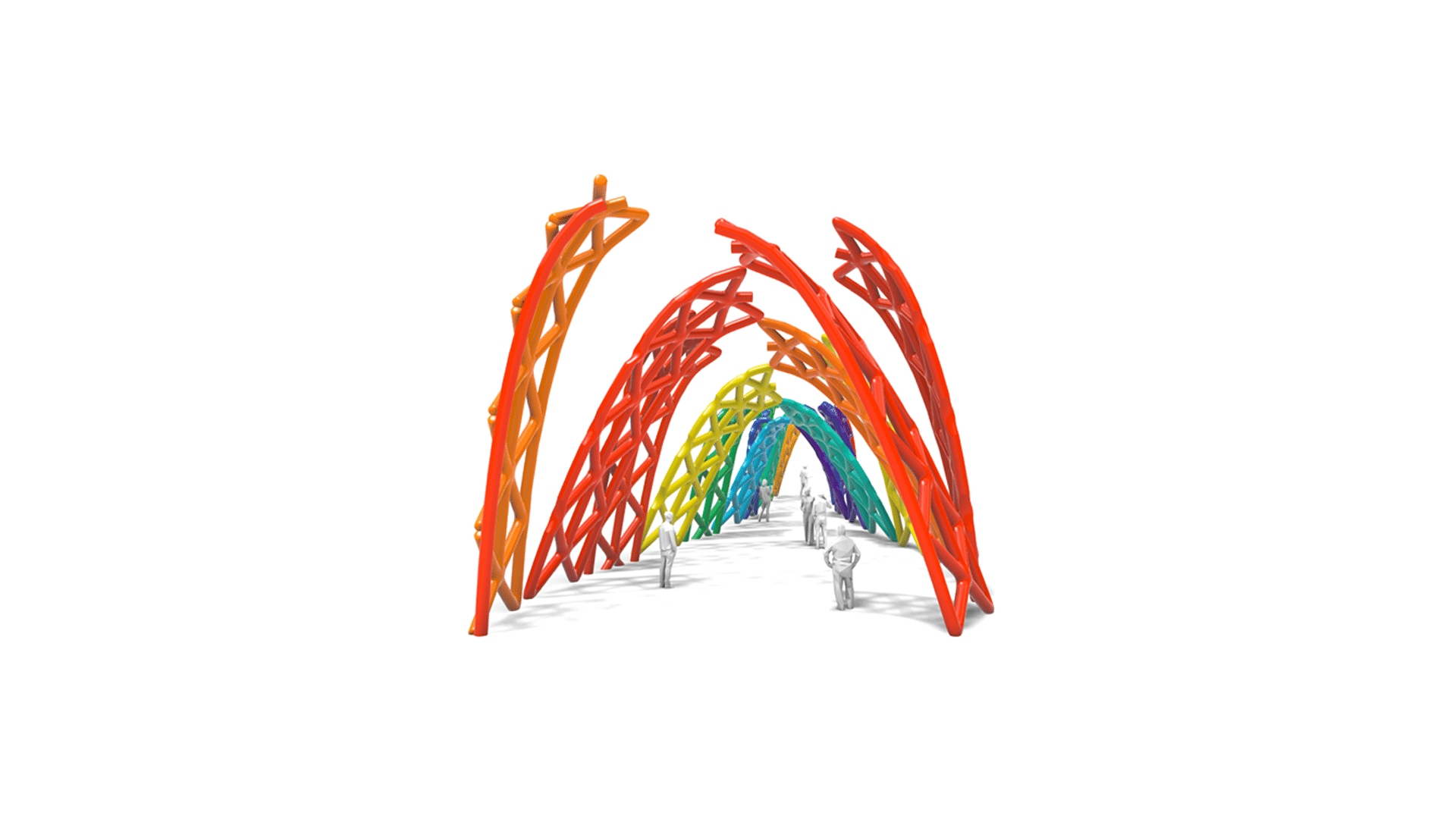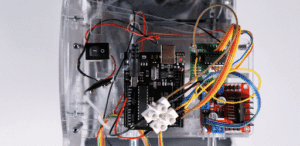
Image credits: MRAC 24/25 Hardware I VibeInk.2000
Data is rapidly transforming how architects design and evaluate processes, enabling environments and workflows to be measured, recorded, and interpreted in new ways. In this seminar, we explore the concept of the reactive source: how information from multiple sources can be gathered, structured, and understood as a parameter of a process. Students will learn to work with IoT devices and basic electronic components, including microcontrollers and simple modules, to capture data and examine its relevance to architectural, infrastructural, environmental or robotic processes.
The focus of the course is on reactive sources and data methodology: students will develop strategies to select, log, and interpret multiple streams of information, exploring how these measurements can serve as parameters within a process. Sources may be diverse and not directly intuitive to the defined process, encouraging abstraction and multi-modal thinking.
By the end of the seminar, students will have foundational skills in IoT and basic electronic devices, data collection, and experimental methodology. They will understand how raw information can be framed as meaningful parameters that guide design and fabrication workflows. This course establishes a strong basis in data methodology, providing a foundation for future exploration of predictive AI and more advanced analytical approaches.
Learning Objectives
At course completion the student will:
- Understand basics of microcontrollers, actuators, and circuits.
- Connect and operate sensors and actuators to collect and monitor data.
- Develop a methodology for selecting, logging, and structuring multiple sources of information.
- Analyze how data can serve as parameters within physical or infrastructural processes.
- Recognize how processes and data form the foundation of AI in robotics fabrication.



